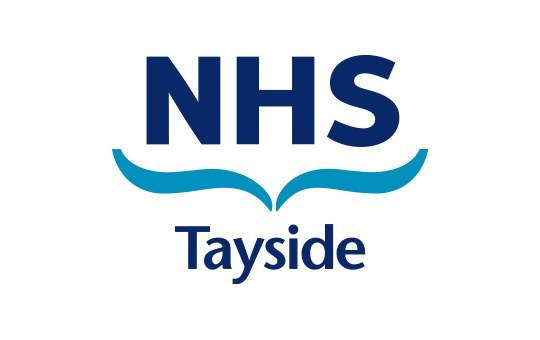Changes to the way physiotherapy services are being delivered in Tayside are helping to cut waiting times for treatment, the head of the service has claimed.
Kath Fairgrieve, NHS Tayside director for Allied Health Professionals (AHP), was replying to comments from Marlyn Glen MSP, who suggested budget cuts were already having an adverse effect on services.
Ms Glen pointed to the loss of 10 members of staff from physiotherapy last year, despite a waiting list of 1700 patients.
Ms Fairgrieve said it was not the number of patients on the list, but the length of time they waited to be seen that was important.
While the numbers may seem large, “tens of thousands” of physiotherapy patients were seen over the course of a year and most of the 1700 would be seen within six weeks, she said.
“The 1700 figure is simply reflective of the demand and that will increase as people get older,” she explained.
“Physiotherapy is slightly unusual in that sometimes it is better to wait a while to allow symptoms to settle a wee bit so that you can get a better picture from the assessment as to what you are going to do.Aspirational target”We don’t have a national target of 12 weeks, but we have an aspirational target in Tayside and try to work to that,” she went on, adding that “by far the majority” of patients were seen within that time.
“We feel we have to start somewhere, but we do realise that 12 weeks for some of the appointments is too long because some people urgently need to be seen,” she continued.
“For example, if someone has an operation, they have to be seen within 24 to 48 hours.”
In a bid to increase efficiency and ensure that patients’ needs are being met, a senior member of her team had been looking at redesigning the physiotherapy service especially with regard to patients with musculo-skeletal problems, she added.
“The redesign has created potential to increase the numbers of people who can be seen across Tayside,” said Ms Fairgrieve.
She said there was no move actively to cut staff, but added, “Without a doubt we will have fewer staff, but that doesn’t mean we are providing a worse service.”
